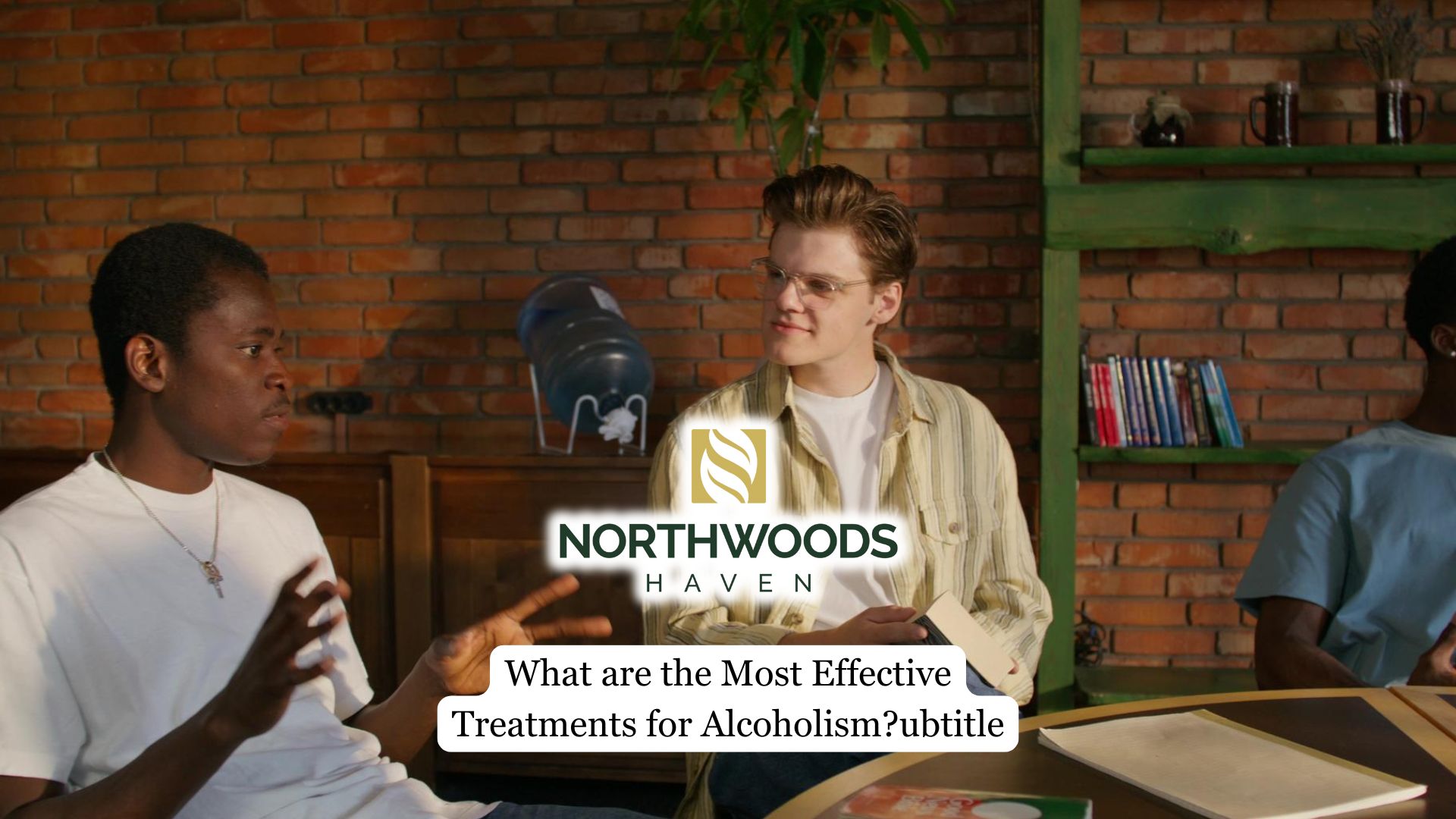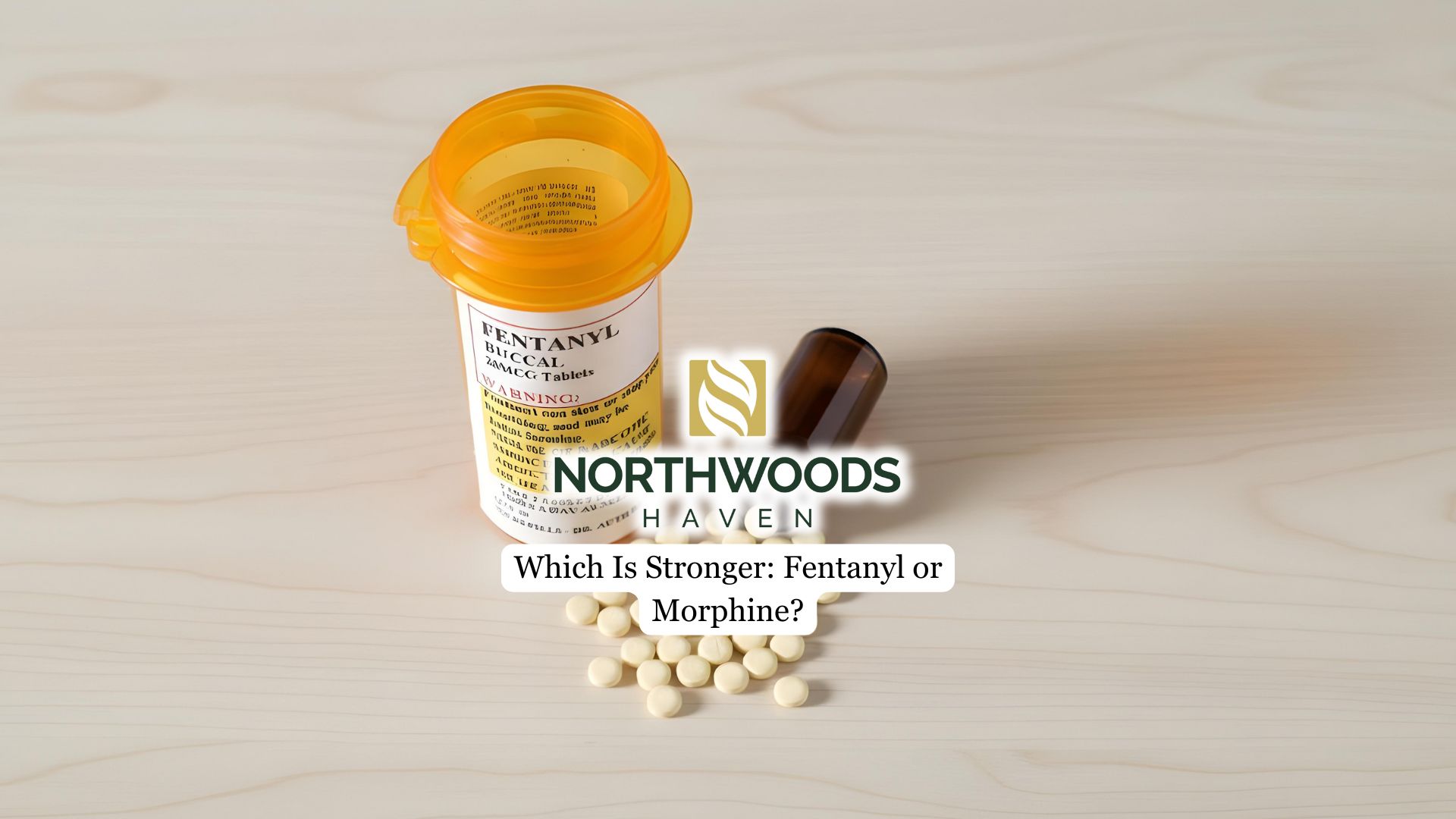Our understanding of Alcohol Use Disorder has grown, and with it, the treatment options for those seeking recovery have also expanded. Today, a comprehensive approach that combines evidence-based therapies, medications, and support systems provides the most effective path to managing AUD and achieving long-term sobriety.
This article will shed light on the current state of alcohol addiction treatment, focusing on the most effective strategies supported by scientific research and clinical experience.
Pharmacological Approaches
The FDA has approved three medications for this purpose: naltrexone, acamprosate, and disulfiram. Each medication works differently to help individuals reduce their alcohol consumption or maintain abstinence.
Naltrexone is effective in reducing heavy drinking days and cravings, while acamprosate helps manage cravings and prevent relapse. Disulfiram deters drinking by inducing unpleasant symptoms when alcohol is consumed, making it most effective in supervised treatment settings.
Despite the availability of these medications, only about 2% of Americans diagnosed with alcohol use disorder received medication-assisted treatment in 2021. This highlights the need for increased awareness and access to these pharmacological interventions.
Proper alcohol addiction treatment is the most efficient way anyone can get a grip of their substance abuse issues and embrace a sober life.
Behavioral Interventions
Cognitive Behavioral Therapy (CBT) is a highly effective behavioral intervention that helps you address the thoughts, feelings, and behaviors associated with alcohol misuse while also targeting co-occurring mental health conditions.
Motivational Enhancement Therapy (MET) is another valuable approach that increases your motivation to change drinking behavior through structured conversations and feedback.
Contingency Management (CM) reinforces positive behavior change by providing tangible rewards for achieving specific treatment goals, such as abstinence from alcohol.
Group therapy sessions create a supportive environment where you can share experiences and coping strategies, enhancing treatment outcomes and reducing feelings of isolation.
Integrated Treatment Strategies
Integrated treatment strategies often involve cognitive behavioral therapy (CBT) to help you identify and change thought patterns and behaviors related to alcohol use, while medication management reduces cravings and withdrawal symptoms.
You’ll also find that participating in community support groups, like Alcoholics Anonymous, complements formal treatment and provides ongoing social support crucial for maintaining sobriety.
When you receive both medication and therapy as part of a comprehensive care plan, you can expect significantly improved outcomes, including a 42% reduction in all-cause mortality and readmissions compared to those who don’t receive integrated treatment.
Naltrexone, for example, can reduce heavy drinking days by 25-50% when combined with psychotherapy.

Mutual Support Groups
Community-based groups provide a platform for you to share your experiences and support others facing similar challenges. By engaging in mutual support groups, you’ll significantly improve your chances of achieving and maintaining sobriety.
The 12-step model followed by most mutual support groups emphasizes personal accountability, spiritual growth, and peer support.
You’ll find that being part of a group helps you navigate the difficulties of recovery, enhancing your motivation and providing a sense of belonging.
Consider mutual support groups as a complementary resource to professional treatment for alcohol use disorder.
Specialized Treatment Settings
Specialized treatment settings offer a structured environment that supports your recovery from alcohol use disorder. Inpatient treatment programs provide 24/7 care, which is especially beneficial if you have a severe addiction or need help managing withdrawal symptoms.
These settings give you access to detoxification services, individual and group therapy, and educational sessions that help you build coping skills and prevent relapse.
Outpatient treatment is another option within specialized settings, allowing you to maintain daily responsibilities while still receiving comprehensive care.
You’ll work with licensed counselors, social workers, and medical professionals who can address co-occurring mental health issues and tailor treatment to your unique needs. Many programs also encourage family involvement and incorporate activity therapy to promote a holistic approach to recovery.
Final Thoughts from Northwoods Haven Recovery
Alcoholism is a complex condition, and while many effective treatments are available, the path to recovery is a deeply personal one that often requires a comprehensive and individualized approach.
By reaching out to Northwoods Haven and taking that crucial first step, you’re opening the door to a life free from alcohol dependence. Our comprehensive program is designed to help you develop the skills and strategies necessary for long-term recovery, addressing not only the addiction itself but also any underlying issues that may contribute to substance abuse.



